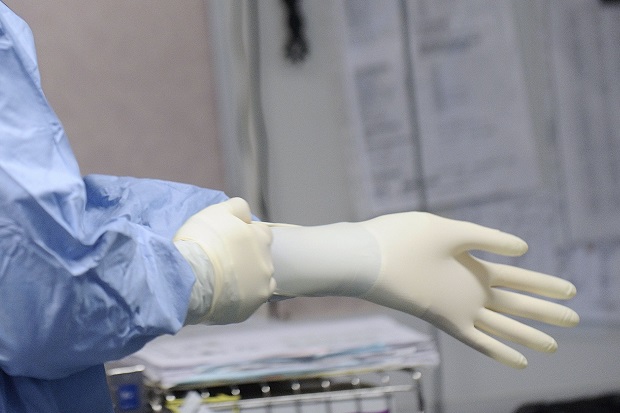An internal examination is an unpleasant and uncomfortable experience for many women. The process involves a doctor inserting two gloved lubricated fingers into the vagina while using the other hand to feel for abnormalities in the uterus or ovaries.
Traditionally the vaginal examination has been promoted as a way to screen for diseases in non-pregnant adult women who do not have any symptoms. A number of private health screening companies also continue to advocate the internal examination as a way to spot serious conditions such as cancer of the womb and ovarian cancer.
But an article published this month by a group from the American College of Physicians casts significant doubt on the benefits of the vaginal examination. Based on a review of 52 separate studies, they concluded that that the examination rarely detects serious diseases and does not reduce death rates. Moreover, in over one-third of women it causes pain, discomfort, fear, anxiety and embarrassment.
In seeking to pick up ovarian cancer at an early stage — with an improved chance of cure — much better alternatives to the vaginal examination are trans-vaginal ultrasound and CA125 testing. CA125 is a chemical given off by cancer cells that circulates in the bloodstream and women with ovarian cancer tend to have higher levels.
Routine screening for ovarian cancer using CA125 has been controversial. There have been concerns that a number of women might have raised CA125 levels due to conditions other than cancer, thereby resulting in unnecessary surgery. But, last year, a UK study called UKCTOCS looking at ovarian cancer screening in the general population was completed. The initial results from this research suggest that well-organised CA125 screening can pick up 85 per cent of ovarian cancers, with half of these being diagnosed at an early (and curable) stage.






Comments